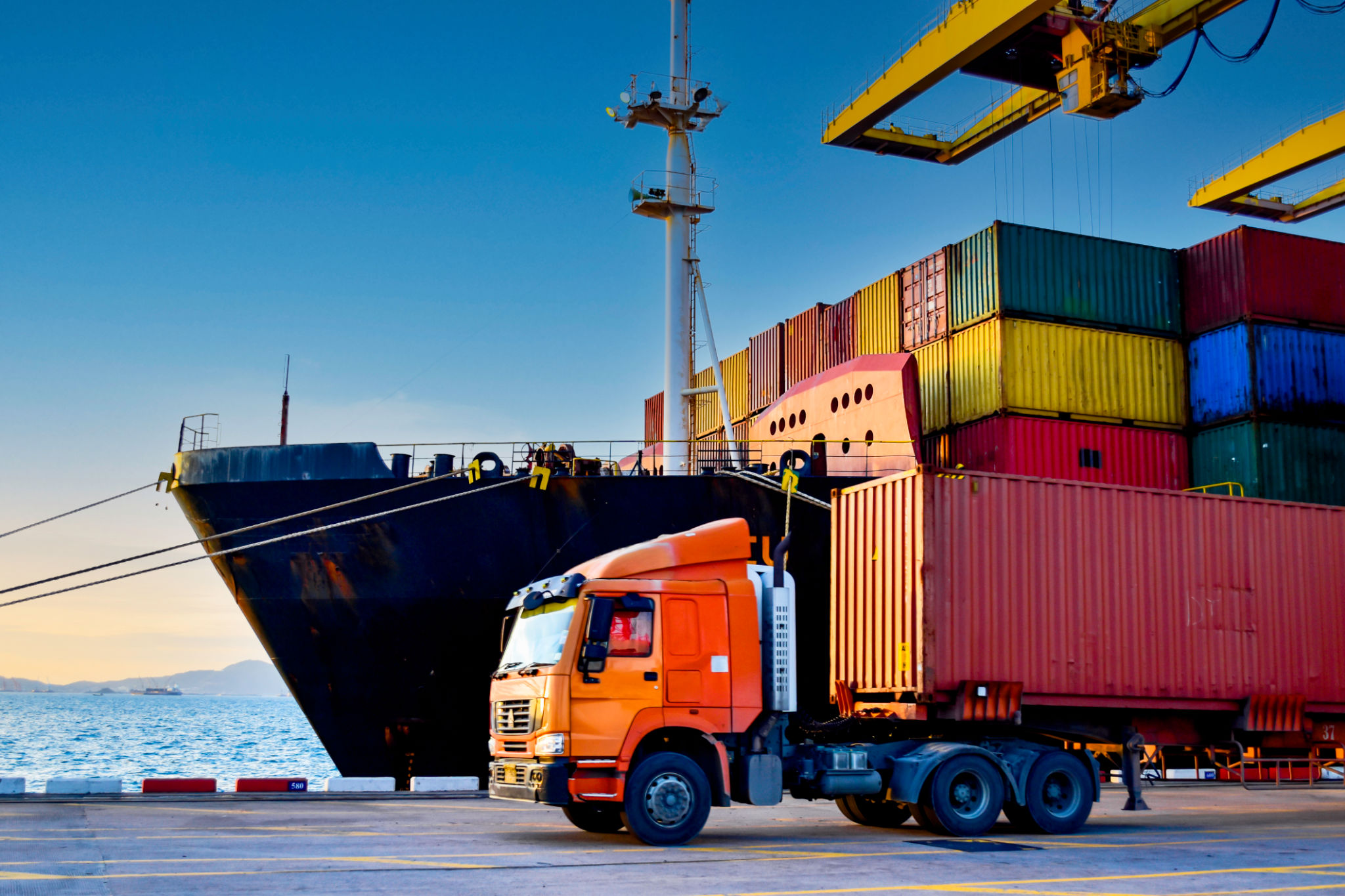The Ultimate Guide to Efficient Trucking Logistics: Strategies for Success
Understanding the Basics of Trucking Logistics
Trucking logistics is a critical component of the supply chain, focusing on the efficient transportation of goods from one location to another. To ensure success in this industry, companies must optimize their logistics strategies to reduce costs, improve delivery times, and enhance customer satisfaction. Understanding the foundational elements of trucking logistics is the first step towards achieving these goals.
Key components of trucking logistics include route planning, load management, and vehicle maintenance. Each of these elements plays a vital role in the overall efficiency of operations. Route planning involves determining the most effective paths to minimize travel time and fuel consumption. Load management focuses on maximizing cargo capacity while ensuring safety regulations are met. Vehicle maintenance ensures that trucks are in optimal condition, reducing the risk of breakdowns and delays.

Implementing Advanced Technologies
The integration of advanced technologies in trucking logistics has revolutionized the industry. The use of GPS tracking systems, for instance, allows companies to monitor their fleets in real-time, providing insights into vehicle location and driving behavior. This data can be used to optimize routes and improve driver performance.
Moreover, the adoption of telematics systems enhances communication between drivers and dispatchers. These systems offer real-time information on traffic conditions, weather updates, and road closures, enabling drivers to make informed decisions during transit. Additionally, automated reporting and analytics tools help in identifying inefficiencies and areas for improvement.

Optimizing Route Planning
Effective route planning is essential for minimizing costs and improving delivery times. By analyzing traffic patterns and using sophisticated algorithms, companies can determine the most efficient routes for their trucks. This not only reduces fuel consumption but also helps in avoiding congestion and delays.
When planning routes, it's important to consider factors such as delivery windows, customer preferences, and legal restrictions. Utilizing software solutions that offer predictive analytics can further enhance route optimization by forecasting potential disruptions and suggesting alternatives.

Enhancing Driver Efficiency
Drivers are an integral part of the trucking logistics equation. Providing them with the necessary tools and training is crucial for maximizing efficiency. Regular training programs on safety protocols, fuel-efficient driving techniques, and compliance with regulations can significantly improve driver performance.
Furthermore, incentivizing drivers through reward programs for safe and efficient driving can motivate them to adhere to best practices. Implementing electronic logging devices (ELDs) also helps in monitoring driving hours and ensuring compliance with hours-of-service regulations.
Leveraging Data Analytics
Data analytics plays a pivotal role in modern trucking logistics. By collecting and analyzing data from various sources, companies can gain valuable insights into their operations. This information can be used to identify trends, predict demand fluctuations, and make informed decisions.
Utilizing data analytics tools also enables logistics managers to track key performance indicators (KPIs) such as on-time deliveries, fuel efficiency, and vehicle utilization. By continuously monitoring these metrics, companies can implement strategies to enhance operational efficiency.

Improving Customer Satisfaction
Customer satisfaction is a crucial measure of success in trucking logistics. Ensuring timely deliveries and transparent communication are key factors in building strong customer relationships. Providing customers with real-time tracking information allows them to stay informed about their shipments' status.
Additionally, addressing customer feedback promptly and effectively demonstrates a commitment to service excellence. By focusing on customer needs and continuously improving service quality, logistics companies can differentiate themselves in a competitive market.
Sustainability in Trucking Logistics
Sustainability has become a significant focus in the logistics industry. Companies are increasingly adopting eco-friendly practices to minimize their environmental impact. This includes using fuel-efficient vehicles, optimizing routes to reduce emissions, and implementing recycling programs.
Investing in sustainable technologies not only benefits the environment but also enhances company reputation and customer loyalty. By prioritizing sustainability, trucking logistics companies can contribute positively to global environmental efforts while achieving long-term success.

